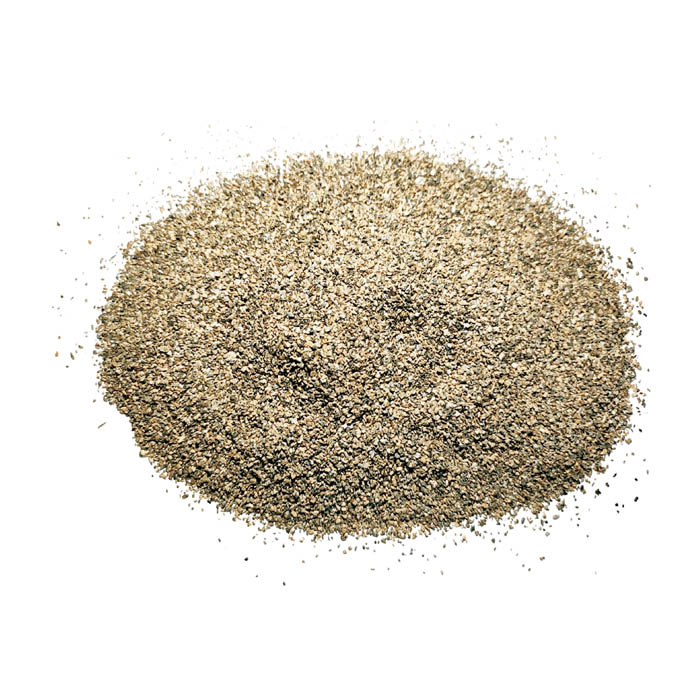Nov . 10, 2024 01:17 Back to list
Thermal Insulation Sheet Materials for Enhanced Energy Efficiency and Comfort
The Importance of Thermally Insulating Sheet Materials
In the realm of architectural design and construction, the selection of materials plays a pivotal role in determining the energy efficiency and overall comfort of buildings. Among the various materials available, thermally insulating sheet materials have gained significant prominence due to their ability to enhance thermal performance, reduce energy consumption, and improve indoor environmental quality. This article explores the significance of thermally insulating sheet materials, their types, applications, and benefits.
Understanding Thermally Insulating Sheet Materials
Thermally insulating sheet materials are specifically designed to minimize the transfer of heat between different environments. They act as barriers that resist the flow of thermal energy, thereby maintaining desired temperature levels within enclosed spaces. These materials can be made from a variety of substances, including foam plastics, mineral fibers, and various types of composite materials.
Types of Thermally Insulating Sheet Materials
1. Polyurethane Foam (PU) Known for its excellent thermal insulation properties, polyurethane foam is lightweight and has a high insulation R-value. It is commonly used in wall panels, roofing systems, and refrigeration applications.
2. Extruded Polystyrene (XPS) This material is characterized by its rigidity and moisture resistance, making it suitable for below-grade applications such as foundations and basements. XPS sheets offer good thermal insulation and are often used in conjunction with other building materials.
3. Mineral Wool Comprising rock or slag fibers, mineral wool is both an effective insulator and a fire-resistant material. It is widely used in commercial and residential buildings for wall and roof insulation.
4. Reflective Insulation Made from reflective materials, these sheets work by reflecting radiant heat rather than absorbing it. They are particularly effective in warm climates where cooling costs can skyrocket due to heat gain.
5. Aerogel Known as one of the best insulating materials available, aerogel sheets are incredibly lightweight and provide exceptional thermal resistance. However, their high production costs have limited their widespread adoption.
Applications of Thermally Insulating Sheet Materials
Thermally insulating sheet materials are utilized in various applications across different sectors
- Residential Construction Builders use insulating sheets in walls, roofs, and floors to create energy-efficient homes. Proper insulation can lead to significant savings on heating and cooling costs.
thermally insulating sheet material

- Commercial Buildings In larger structures, insulating sheets are critical for controlling energy use and creating comfortable working environments. Energy codes often require specific insulation values in commercial settings.
- Industrial Applications In factories and manufacturing plants, insulating materials help maintain optimal temperatures in production processes, contributing to operational efficiency and reducing energy waste.
- Refrigeration and HVAC Insulating sheets are crucial in the refrigeration industry and HVAC systems to minimize energy loss and maintain temperature control in various applications, from residential fridges to large industrial chillers.
Benefits of Using Thermally Insulating Sheet Materials
The advantages of incorporating thermally insulating sheet materials into building designs are manifold
- Energy Efficiency By reducing heat transfer, these materials significantly lower energy consumption for heating and cooling, which can lead to substantial cost savings over time.
- Enhanced Comfort Proper insulation contributes to a more stable indoor temperature, enhancing the comfort of occupants in residential and commercial spaces alike.
- Reduce Carbon Footprint With energy efficiency comes a reduction in greenhouse gas emissions. Using thermally insulating materials contributes to sustainable building practices on a larger scale.
- Fire Safety Many insulating materials possess fire-resistant properties, adding an extra layer of safety to buildings and potentially reducing insurance costs.
- Sound Insulation Apart from thermal insulation, some materials also offer acoustic insulation benefits, helping to create quieter environments in both homes and offices.
Conclusion
Thermally insulating sheet materials are indispensable in modern building design and construction. Their ability to improve energy efficiency, provide comfort, and contribute to sustainability makes them a key consideration for architects, builders, and homeowners alike. As technology advances, the variety and effectiveness of these materials will continue to expand, paving the way for more energy-efficient buildings that meet the growing demands of environmental responsibility and occupant comfort. In an era where energy conservation is paramount, investing in quality insulating materials is not just an option; it is an imperative for any conscientious builder or homeowner.
-
Eco-Friendly Granule Covering Agent | Dust & Caking Control
NewsAug.06,2025
-
Fe-C Composite Pellets for BOF: High-Efficiency & Cost-Saving
NewsAug.05,2025
-
Premium Tundish Covering Agents Exporters | High Purity
NewsAug.04,2025
-
Fe-C Composite Pellets for BOF | Efficient & Economical
NewsAug.03,2025
-
Top Tundish Covering Agent Exporters | Premium Quality Solutions
NewsAug.02,2025
-
First Bauxite Exporters | AI-Optimized Supply
NewsAug.01,2025
